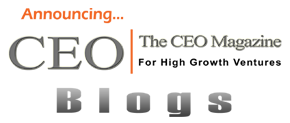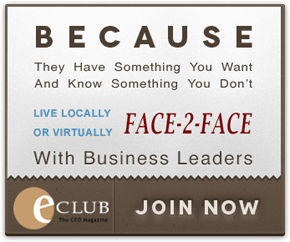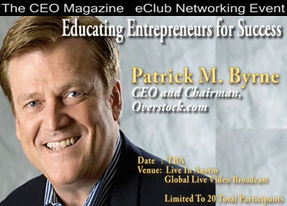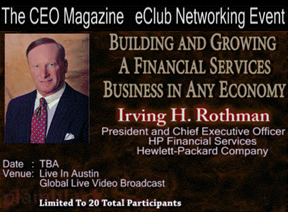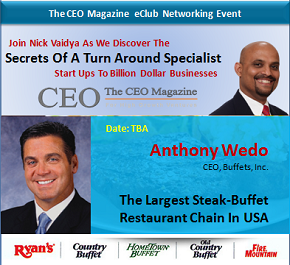You are here
- Guest Blogger |
- Small Business - Management |
- Thu, 08/04/2016 - 01:10
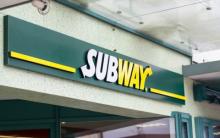
Christopher James Conner, President, Franchise Marketing Systems
Scale is the true definition of leverage for a business leader, it is the culmination of solid business systems, the right people, a good business strategy and the technology to support growth. Most of us in businesses that do not traditionally scale well – Retail, Service or in my case consulting – look to industries such as pharmaceutical and technology with admiration for their ability to scale. Once a new drug is launched or software platform is finalized and the R&D has been completed, the business is completely scalable. Each pill of the drug may be sold at enormous margins and without a significant cost of goods, the same is true with a new software platform. One way to scale a business that doesn’t have the luxuries inherent in technology or pharmaceutical is franchising. Most people generally familiar with the franchise industry associate the industry with fast food, but the market has over the past twenty years expanded into virtually all business and industry segments. Categories such as manufacturing, professional services, accounting, technology sales and other categories have leveraged franchising to expand business models and brands into new territories.
First, the definition of franchising is that of a distribution system in which third party investors (Franchisees) purchase the rights to a defined market or business model and license the rights to a brand name from a Franchisor. The way franchising works is generally described by franchisees pay an initial franchise fee of $20k - $50k for the rights to the business model, intellectual property and support needed to implement a business model in their market. Along with the business model and intellectual property, the franchisee opens to the consumer as being part of the same brand and franchise network benefiting the franchisee through bigger, more effective advertising with a larger network behind the name. The franchisee benefits from this transaction by getting a proven business model, operating system and guidance from someone who has been in the business before in addition to the economies of scale that come with a larger network for purchasing and advertising. The success rate for a new franchise business is much higher than a traditional small business start-up. The franchisee has an opportunity to open their own business and build an asset as part of a franchise system.
From the business who offers the franchise (Franchisor), the value in the franchise model is the addition of new franchisees who have now invested in the business and now operate as independent business owners within the distribution network. The franchisee has put their own money in the business and now has skin in the game so they work harder, care about the success of the business and have the same intensity in growing the business as you do. The franchisee also provides a funding source through payment of franchise fees and the investment in their local business. In a retail operation for example, the investment to open a single unit might be as high as $300k or $400k to open a single unit, the franchisee bears this entire expense. The combination of human capital and capital injection make franchising a powerful growth vehicle for a brand and many times can supply rapid scale into new markets.
For these reasons, the franchise market has expanded quickly. Since 2012, the franchise market has experienced the highest year over year growth than any similar time period in history. This could be partially fueled by a recovery from the 2008 recession, but the industry seems to be gaining strength through diversity and sustainable investment opportunities. More and more franchisees are coming to market with extremely qualified backgrounds and resumes with a lackluster job market for high paying W-2 positions. This highly qualified buyer was difficult to attract to the market pre-2008 because they could find $150k plus salary positions, in today’s market, these jobs just aren’t there.
The franchise model doesn’t work for everyone, there certainly have been cases of failure to launch a brand through the channel, but in the grand scheme of scale, the business model carries a significant value proposition. If you are searching for ways to scale your business or product line, franchising might be worth some consideration.
[Image courtesy of Mister GC at FreeDigitalPhotos.net]
About the Author
Mr. Conner has spent the last decade in the franchise industry working with several hundred different franchise systems in management, franchise salesand franchise development work. His experience ranges across all fields of franchise expertise with a focus in franchise marketing and franchise sales but includes work in franchise strategic planning, franchise research and franchise operations consulting.
Follow The Blog
Blog Categories
- Business Ops. (45)
- Editors (3)
- Entrepreneurship (196)
- Finance (25)
- Leadership (529)
Blog Authors
- Guest Blogger (835)
- Cynthia Kay (92)
- Linda Henman (78)
- Dianna Booher (46)
- Craig Ross (31)


